UCLA experts discussed the decision of a federal appeals court to rule against the use of a key provision of the Voting Rights Act.
Two judges on the United States Court of Appeals for the 8th Circuit – whose rulings apply to Arkansas, Iowa, Minnesota, Missouri, Nebraska, North Dakota and South Dakota – voted Nov. 20 to uphold a February federal court ruling in Arkansas that said only the Department of Justice, not private citizens or organizations, can file lawsuits based on Section 2 of the Voting Rights Act. Section 2 of the Voting Rights Act says no governmental body should deny or hinder the right to vote based on race or skin color.
Arkansas’ National Association for the Advancement of Colored People filed the initial lawsuit alleging that the state’s House of Representatives districting map weakened the power of Black people’s votes in the state. The lawsuit claimed the state only crafted 11 Black-majority districts out of 100, creating supermajorities of Black voters in some districts and then spreading out the remaining Black voters across the state.
Before the ruling, private citizens and organizations could file lawsuits in the 8th Circuit to allege a violation of Section 2 of the Voting Rights Act under a process called a private right of action. However, private citizens can still file lawsuits on this basis in the other 12 federal appellate circuits.
U.S. Circuit Judge David Stras, who wrote the majority opinion, said in the ruling that even though Section 2 may not be privately enforceable, it had previously been assumed to be and backed up by judges in other courts, including the U.S. Supreme Court.
“For much of the last half-century, courts have assumed that (Section) 2 is privately enforceable,” Stras said in the ruling. “A deeper look has revealed that this assumption rests on flimsy footing, but we can hardly say that the (Section) 2 claim was ‘obviously doomed to fail’ from the start.”
Chad Dunn, the legal director of the UCLA Voting Rights Project and a law lecturer, said the Voting Rights Act is the “crown jewel” for protecting voting rights in the United States. He added that he believes the appeals court’s decision should warn voters that their voting rights are under attack by a federal judiciary with outlier views.
Dunn said the federal government rarely brings up cases under Section 2, which the court’s decision now alleges is the only option for lawsuits regarding the denial or hindering of rights based on race or skin color.
“It (the Justice Department) only brings a handful every decade,” Dunn said. “Were this decision to expand outside of the 8th Circuit, it would severely limit the kinds of voting rights claims that plaintiffs could bring.”
Sonni Waknin, the program manager and voting rights counsel of the UCLA Voting Rights Project, said Section 2’s claims differ from racial gerrymandering claims, which are brought up under the 14th and 15th Amendments.
Dunn added that since Congress passed the Voting Rights Act in 1965 and later renewed it in 1972, the U.S. Supreme Court has heard many cases brought by private citizens regarding Section 2 and, on some occasions, ruled in favor of the plaintiffs. Dunn said the Supreme Court has never said private citizens could not bring claims under Section 2.
Richard Hasen, a professor of law and political science, said he believes the court’s decision misinterprets the law.
“The act has meant that not just the Department of Justice, but the private individuals – usually nonprofit law firms representing the interests of minority voters – that those people can bring suit as well under Section 2,” Hasen said.
Hasen, who is also the director of the Safeguarding Democracy Project, added that one reason the ruling is significant is because of the Justice Department’s limited resources. Hasen said the lack of lawyers and funds for litigation leads private individuals and groups to file lawsuits under Section 2 instead – usually in cases regarding discrimination in redistricting.
Hasen said the ruling is now likely to go under a full review from the 8th Circuit, which could overturn the decision, adding that it is also possible that the Supreme Court takes the case on an appeal. Wankin said other district and circuit courts may wait to see what happens in the 8th Circuit before making any rulings on Section 2 going forward.
Dunn said the decision could also matter in the context of the 2024 presidential election. He said that if a state in the 8th Circuit were to close polling locations or engage in some other discriminatory voting practices against private citizens, there would be no course of action available under the Voting Rights Act for those affected.
Wankin said cases like these will decide whether the Voting Rights Act is able to continue to protect the right to vote in the future.
“Ever since the Voting Rights Act has been passed, there have been folks who have wanted the Supreme Court to rule it unconstitutional,” Wankin said. “We are really in an era of an attack on voting rights, and so it’s not just the Supreme Court cases. People should also just be paying attention to what happens with the right to vote locally and statewide.”
Hasen said he agreed the decision endangers voting rights.
“This decision is the latest signal that people cannot take their voting rights for granted,” Hasen said.
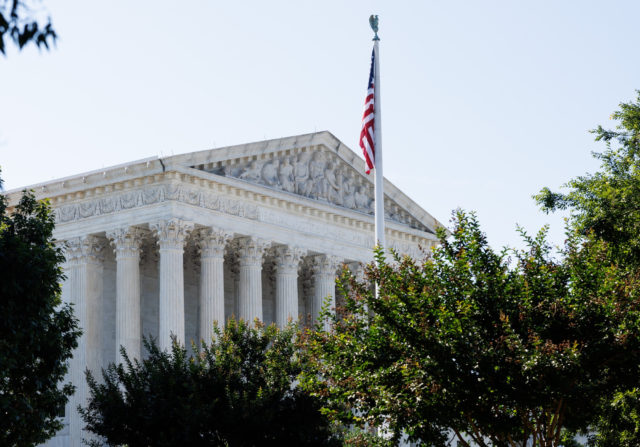

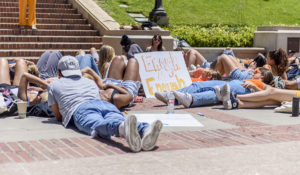
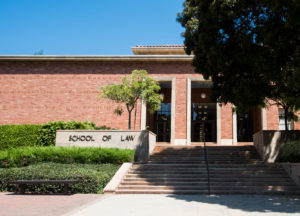
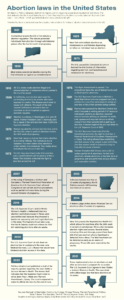
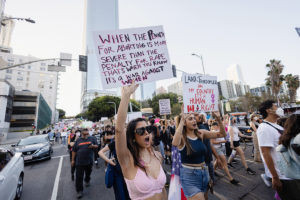
Comments are closed.